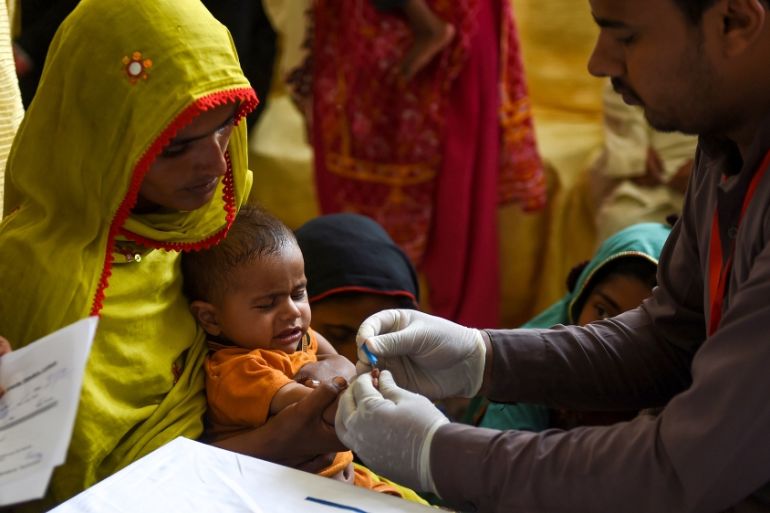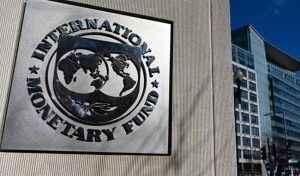Unraveling the HIV Surge in Pakistan: A Call for Urgent Action

Muhammad Naeem:
Islamabad: The recent surge in diagnosed HIV cases in Pakistan has sent shockwaves through the general population, not just due to its severity but also because of the pervasive stigmas surrounding the disease. According to The Lancet’s article titled ‘Pakistan’s growing HIV epidemic,’ a staggering 8,262 new HIV cases were diagnosed from January to September 2022, prompting concerns about whether this constitutes an epidemic.
The Centers for Disease Control and Prevention characterize an epidemic as ‘an unexpected sudden increase in the number of disease cases in a specific geographical area.’ However, in Pakistan, this surge in HIV cases seems less unexpected and more of a long-standing yet egregiously overlooked issue. Official data from the National AIDS Control Program estimates around 0.2 million cases of HIV, with only 53,718 registered—a clear indication that a substantial number of contagious, unregistered patients pose a significant threat to public health.
The persistent increase in HIV cases over the past three decades raises questions about the government’s commitment to adopting policies to contain the further spread. The prevalence of HIV is not a sudden occurrence but rather a gradual and continuous rise that demands immediate attention.
One of the major hurdles in addressing the HIV crisis in Pakistan is the lack of knowledge surrounding the disease, leading to various superstitions and taboos. HIV transmission occurs through the exchange of body fluids like blood, milk, and semen, and it can also be vertically transmitted from mother to fetus. However, a significant portion of the population remains unaware. A report indicates that only 13% of the general population can name the three modes of AIDS transmission, and 50% has never heard of AIDS. Misconceptions persist, with many believing that HIV spreads only through immoral sexual practices, limiting the scope of preventive measures in the Muslim world.
The actual modes of transmission, including blood contact in medical practices and barber shops, continue to be neglected threats to society. The use of contaminated needles due to a lack of awareness is a significant contributor to the spread of AIDS in Pakistan.
Addressing the HIV epidemic in Pakistan requires a comprehensive approach. Efforts for public awareness, prevention, and treatment are equally vital. Without proper knowledge and preventive measures, the dangers of HIV will persist. The threat has long existed but has been largely unaddressed. To curb the spread of HIV in Pakistan, national policymakers must implement robust measures, including public health interventions, education campaigns, and destigmatization efforts. It’s imperative to recognize that treating the disease alone is insufficient; educating the masses and changing perceptions are crucial components in winning the fight against HIV. The government must take swift and decisive action, acknowledging the progressive transmission of the virus and ensuring that no one turns a blind eye to this pressing public health issue.





